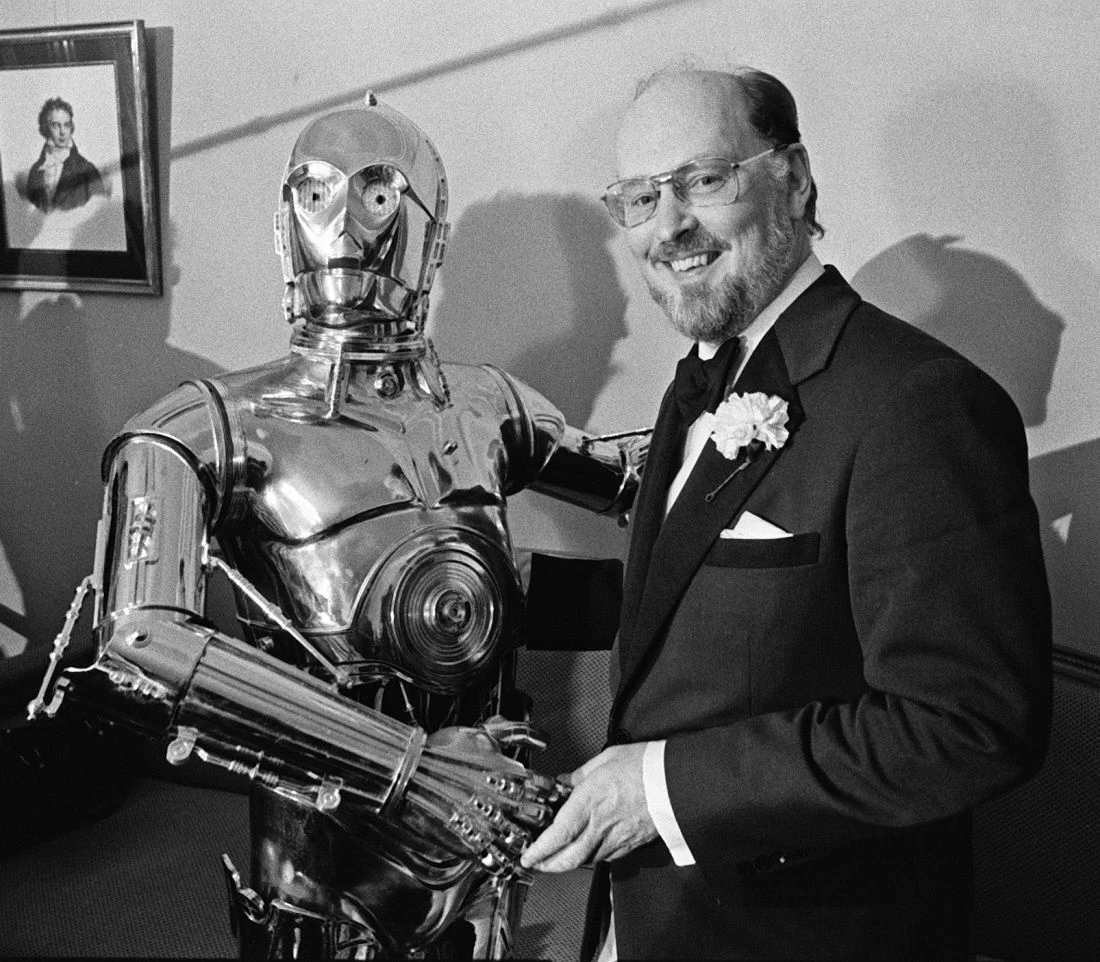The Legacy of John Williams: A Maestro of Film Scores

Introduction
John Williams is a name synonymous with cinematic excellence. Over the course of his illustrious career, he has composed some of the most recognisable film scores in history. His work has not only defined a generation of movies but has also significantly influenced the world of film music. With numerous accolades, including multiple Academy Awards, Williams’ contributions to the arts transcend entertainment, making it relevant for both film enthusiasts and the music community alike.
Achievements and Contributions
Born on February 8, 1932, in Floral Park, New York, John Williams has had an extensive career that began with his first film score in 1958. Since then, he has composed music for over 150 films, collaborating closely with some of the industry’s most prestigious directors, including Steven Spielberg and George Lucas. Iconic scores like those for Star Wars, Jaws, E.T. the Extra-Terrestrial, and Jurassic Park have not only won him accolades but have also become ingrained in popular culture.
Recent Events
As of October 2023, Williams continues to be active in the music scene. He recently announced his retirement from composing new film scores, stating that Indiana Jones and the Dial of Destiny would be his last project in this capacity. Despite this, his ongoing work with orchestras and live concerts showcases his enduring legacy. In fact, his compositions are frequently performed by symphonies worldwide, demonstrating the timeless appeal of his creations.
Impact on Film Music
Williams has revolutionised film music by blending traditional orchestration with innovative techniques. His scores often incorporate motifs and themes that redefine character development and storytelling in cinema. The way he uses music to enhance emotional resonance has set a benchmark for all composers in the film industry, influencing generations of musicians.
Conclusion
As we look forward to the future of film and music, John Williams’ influence will undoubtedly remain significant. While his direct contributions to film scoring may be coming to a close, his legacy will live on through his timeless scores. Future composers will draw inspiration from his work, ensuring that Williams’ spirit will continue to thrive in the art of filmmaking. Audiences can only hope that the world will see him in live performances well into the future, celebrating the music of a man who has given so much to the film industry and its audiences.
